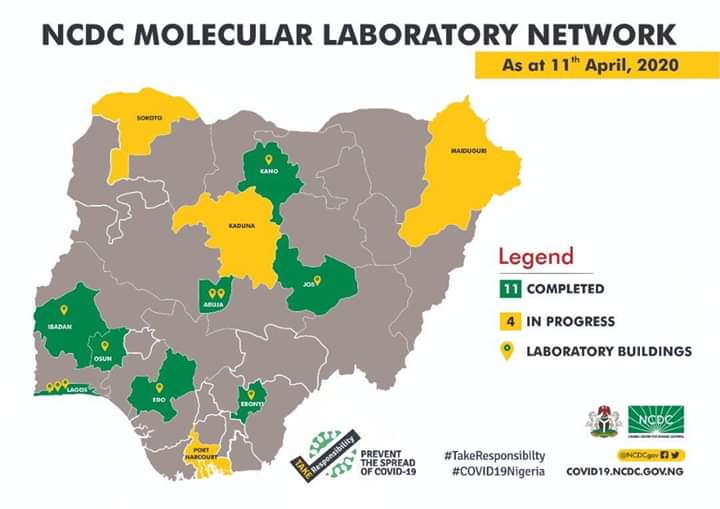The National Veterinary Research Institute (NVRI), VOM in Plateau state is now an accredited Laboratory for COVID-19 diagnostic testing, NVRI is one out of the 11 in the country presently accredited in carrying out diagnostics for the corona virus.
The history of the National Veterinary Research Institute (NVRI) Vom is synonymous with the history of animal production in Nigeria as one of the pioneer Veterinary Institutions in West Africa.
Development in the Colonial Period.
The scourge of Rinderpest was largely responsible for the establishment of veterinary services by the colonial powers in their colonies. The first panzootic of rinderpest in West Africa (1885-90) caused the death of 90% of the cattle population, and when it started to build up, the drought and famine of 1912-13 was followed by another wave of panzootic in 1913-14. The catastrophe precipitated in drastic reduction of cattle population from 9.01 million to 2.7 million. The Colony and Protectorate of Nigeria therefore decided to establish veterinary services as soon as possible, but exigencies of the First World War (1914-18) caused some delay.
A Veterinary Department with skeletal staff, under the leadership of Mr. F. R. Brandt, Chief Veterinary Officer, was established in 1913 with its headquarters at Zaria in the Northern Province.
The Veterinary Department actually took off from Foron District of Plateau State in 1921/1922 at Katra (for Cattle Ranch) in Simenti, after Mai-idontoro on Shen-Vat Road. Foron was hilly and unsuitable for pastoral growth required for cattle. The then Chief of Vwang (Vom) offered an alternative and attractive plain land at Vwang which is the present site of NVRI, Vom.
In 1924, the headquarters was relocated to Vom, in Jos South Local Government Area of Plateau State on Latitude 09° 44′ N and Longitude 08°45′ E with a physical feature of rocky granites of old volcanoes. The Institute occupies 20,719.5 hectares of land on which was erected infra-structures for laboratories, staff quarters and recreational facilities such as the Vom Club and Guest House established in the 1940s.
In February 1970, the Federal Military Government promulgated a Decree establishing the National Council for Science and Technology to oversee the affairs of the research institutes including the Federal Department of Veterinary Research. In accordance with the Agricultural Institutes Decree 35 of 1975, the department became autonomous and was renamed National Veterinary Research Institute with its own Governing Board.
Vaccine Development in NVRI
National Veterinary Research Institute produces 17 animal vaccines and 8 Ethno Veterinary products. The institute also have other products like Liquid Nitrogen, Kerosene egg incubators etc.





![Craig-B Makes a Powerful Comeback with “MUNVUL” [Download Here]](https://4wardwego.com.ng/wp-content/uploads/2025/08/54ba82fd57934a82af6f394249261fd4-120x86.jpg)




